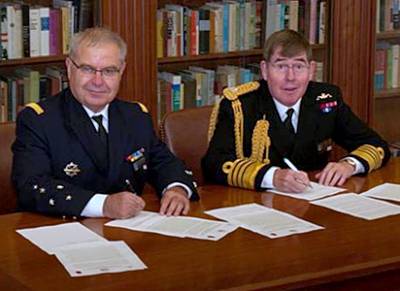WASHINGTON, Nov. 4, 2010 — The July 2011 target to begin handing over territory in Afghanistan to Afghan security forces is a marker for the Afghan government, Pentagon Press Secretary Geoff Morrell said today.
The United States demonstrated its seriousness about Afghanistan by ordering another 30,000 troops into the country, Morrell noted, and NATO allies added 10,000 more.
“On the other hand, there was also an effort to sort of make clear to the Afghans that we’re not going to be able to do this forever,” Morrell said during a Pentagon news conference. “So they need to step up to the plate and assume more and more responsibility, particularly on the security side. I think that message has gotten through loud and clear.”
The number of Afghan soldiers and police has increased by 100,000 in the past year. “Our operations now in Kandahar, and Operation Hamkari, you now have 60 percent of our forces down there [being] Afghan forces,” he said. He compared that to operations in Marja, where a lone Afghan battalion accompanied Marines into the city.
“[The Afghans’] capabilities, their effectiveness, their size have improved dramatically over the past year, and it’s really becoming a difference maker on the ground,” he said.
Morrell said many do not understand what the July 2011 date really means, mistakenly believing it will be when the United States and its allies leave the country. “This is a date by which, conditions-based, we make determinations about where we can begin to thin out forces and where we can begin to transition increasing security responsibility to the Afghans,” he explained.
Coalition forces will thin out, not leave, Morrell emphasized.
“It is about us thinning out, giving the Afghans increasing responsibility for the security situation there, and then taking the dividend from thinning out and sending some of it home, per the president’s directive, while also reinvesting others elsewhere in the country where they are also still needed,” he said.
Areas such as Kandahar and Helmand provinces probably will not see many troops leaving any time soon, Morrell said. More than 60 percent of the violence in Afghanistan is in Helmand, Kandahar and Kunar provinces.
“I think those are the ones, in all likelihood, where you would see the least amount of thinning,” he said. “I don’t know that as a fact yet, because these determinations haven’t been made.”
Source:
U.S. Department of Defense
Office of the Assistant Secretary of Defense (Public Affairs)

 von
von 